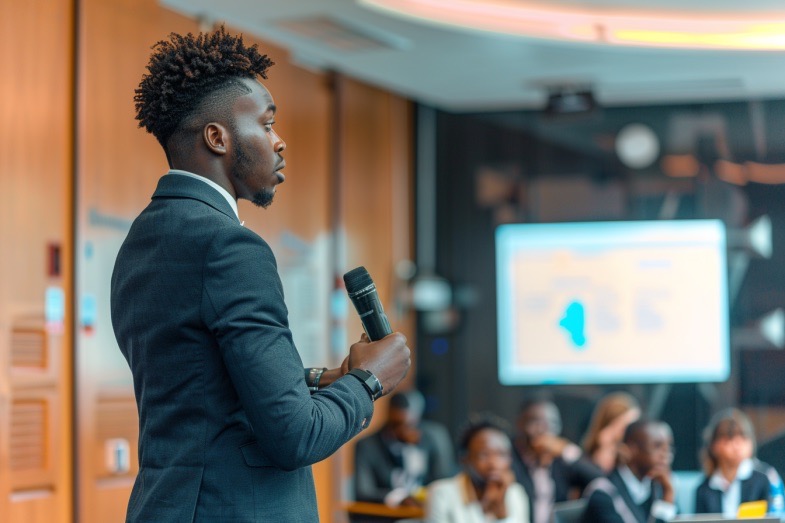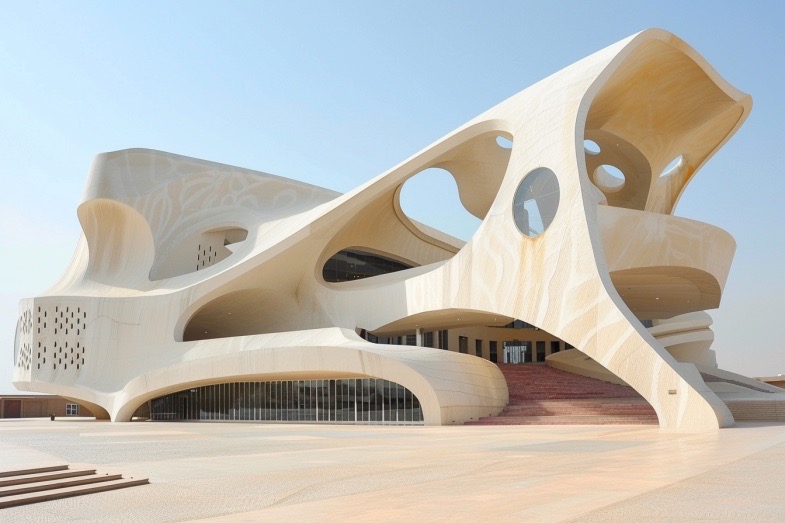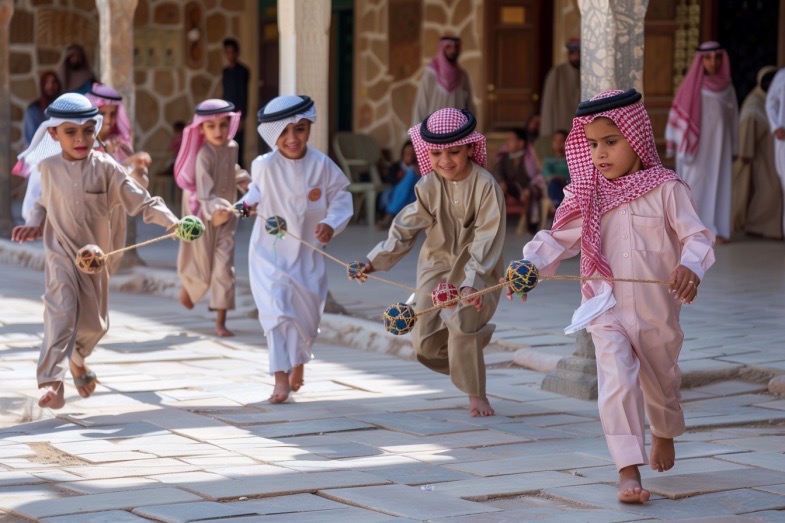Senegalese Voters Head to the Polls in High-Stakes Election
Senegalese voters are gearing up to choose their next president on Sunday in a high-stakes election that will test the country’s democracy.
President Sall’s Final Days in Office
Outgoing President Macky Sall, whose final term ends on April 2, has vowed to peacefully transfer power to his elected successor after the country’s top court blocked his efforts to postpone the election by 10 months.
Frontrunners in the Race
Two former tax inspectors, one representing the government and the other the main opposition coalition, are leading the pack of candidates in the election.
Tensions Rise in Senegal
Recent protests in Senegal have turned violent, with angry youths demanding that the election be held before President Sall steps down. Sall has faced criticism for attempting to extend his time in power.
A Test for Senegal’s Democracy
Despite being considered one of the most stable democracies in West Africa, Senegal is facing a crucial test with this election. The outcome is uncertain, and analysts are predicting a fiercely contested race.
Presidential Hopefuls Make Their Case
A diverse field of 19 candidates is vying for the presidency, with each promising reforms to address the country’s pressing issues. The race is expected to come down to Sall’s handpicked candidate and an opposition leader.
Uncertainty Looms Over Senegal’s Future
With the potential for violence and disruptions, Senegal’s future hangs in the balance as voters prepare to cast their ballots. The youth population, which comprises a significant portion of the electorate, is eager for change and new leadership.
Key Issues at Stake
The candidates are emphasizing transparency, accountability, and equitable resource distribution in their campaigns. The next president will have to address these concerns to gain the support of the Senegalese people.
Senegal Voters Seek Solutions to Economic Woes
In Senegal, like in many other countries, voters are desperate for urgent solutions to combat high unemployment and skyrocketing food prices. The nation is currently grappling with a cost-of-living crisis exacerbated by record high inflation rates reaching 15% in 2022.
The situation has led to a wave of migration, particularly among the youth, who are risking their lives on dangerous journeys across the Atlantic Ocean in hopes of reaching Europe for better opportunities. Last year, nearly 40,000 people took the treacherous Atlantic route to the Spanish Canary Islands, with many departures originating from Senegal’s coasts.
According to Thior, the failure of President Sall to address unemployment has left young people feeling desperate, driving them to take such extreme measures. The upcoming commercialization of gas and oil resources also raises concerns about the fair distribution of wealth in the country.
Senegal’s economy, traditionally reliant on mining, tourism, construction, fishing, and agriculture, is now shifting focus to its oil and gas reserves. The International Monetary Fund expects this shift to boost the country’s economy significantly.
In the upcoming elections, candidates are making promises to tackle these pressing issues. The ruling coalition candidate Ba is pledging to create massive employment opportunities for the youth and improve household purchasing power through job creation. On the other hand, his opponent Faye is focusing on combating corruption and reevaluating energy contracts as Senegal prepares to launch oil and gas production.
Faye emphasized the importance of rooting out corruption, stating that no country can prosper when public funds are misappropriated. As Senegal stands at a critical juncture in its economic development, voters will have to decide which candidate offers the most viable solutions to their pressing concerns.



